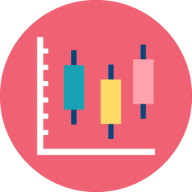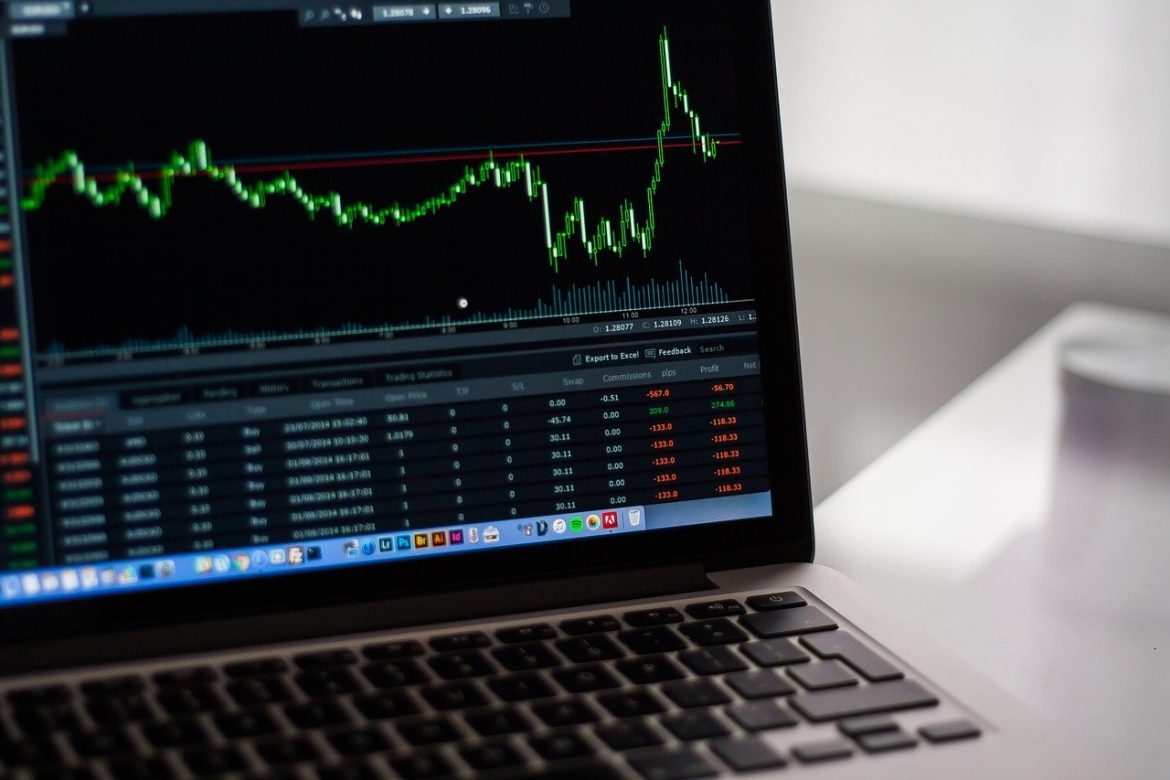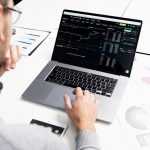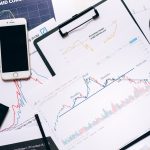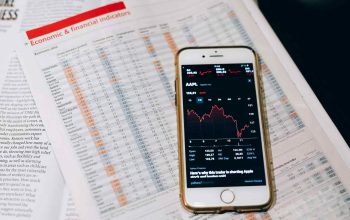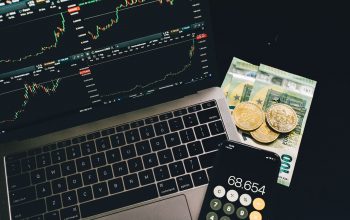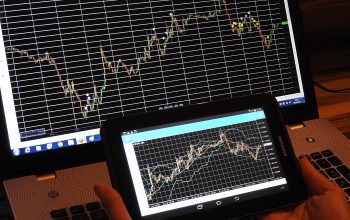As a trader, one of the most important decisions you’ll make is picking a CFD broker. Not all brokers are created equal, so it’s essential to research and select one that fits your trading style and needs.
What is a CFD broker, and what do they do?
A CFD, or contract for difference, is a type of investment that allows you to speculate on the price movements of financial markets without actually owning the underlying asset. For example, you might buy a CFD that tracks the price of gold without physically owning any gold.
When you trade CFDs, you do so through a broker. The broker is the company that facilitates your trades and provides you with access to the markets. They make their money by charging you a small commission on each trade or adding a spread to the prices they quote you.
The benefits of working with a CFD broker
First, brokers provide you with access to the markets. If you want to trade CFDs, you need to do so through a broker. You can’t just call up the London Stock Exchange and ask to buy a CFD on gold.
Second, brokers give you leverage. Leverage is the ability to control a large amount of capital with a small amount of money. If you have $1,000 in your account and your broker offers you 50:1 leverage, you can control $50,000 worth of assets. It can allow you to make more enormous profits, amplifying your losses, so it’s important to use leverage wisely.
Third, brokers provide you with research and market analysis. A good broker will offer you access to economic calendars, market news, and technical analysis tools, which can help you make better-informed trading decisions.
Fourth, brokers offer you customer support. If you have questions about your account or the markets, a good broker will have someone available to answer your questions.
With that said, choosing a good CFD broker that can cater to your trading needs and preferences can really give you a leg up, and you should absolutely do your research and not settle on any one.
What to look for in a CFD broker
Now that we’ve discussed some of the benefits of working with a CFD broker let’s discuss what to look for when selecting one.
First and foremost, you want to ensure that the broker is regulated by a significant financial regulator like the FCA in the UK or any other local regulatory body in your country. It ensures that the broker is held to high standards of financial stability and customer protection.
Note that CFD trading is banned in the US and international CFD brokers usually do not allow US residents to open an account.
You also want to make sure that the broker offers a good selection of markets. If you’re only interested in trading CFDs on gold, any broker that offers access to the gold market will suffice. But if you want to trade a variety of markets, you’ll need to make sure that the broker you select offers access to all the markets you’re interested in.
You want to ensure that the broker offers good customer support. Remember, your broker is there to help you trade. If you have questions or problems, you want to be able to get in touch with someone who can help you.
Finally, you want to ensure that the broker has a good reputation. This one is tricky because there are a lot of scams out there. But a good place to start is by reading reviews on independent websites and asking around for others’ opinions of the provider.
How to find the right CFD broker for you
To find the right CFD broker for you, it is essential that you understand your own trading goals, preferences, and style. For example, some things you might want to determine are whether you would like to be a short-term or long-term trader, the type of CFDs you would like to trade, the amount of capital you would like to invest, and your trading skill level. These can all help you figure out which broker offers services that best fit what you will need to succeed.
Questions to ask your CFD broker before signing up
Before you sign up with a CFD broker, be sure to ask them the following questions:
- What is the minimum deposit required to open an account?
- What is the maximum leverage offered?
- What markets can I trade?
- How much will I be charged in commissions and spreads?
- Do you offer customer support?
